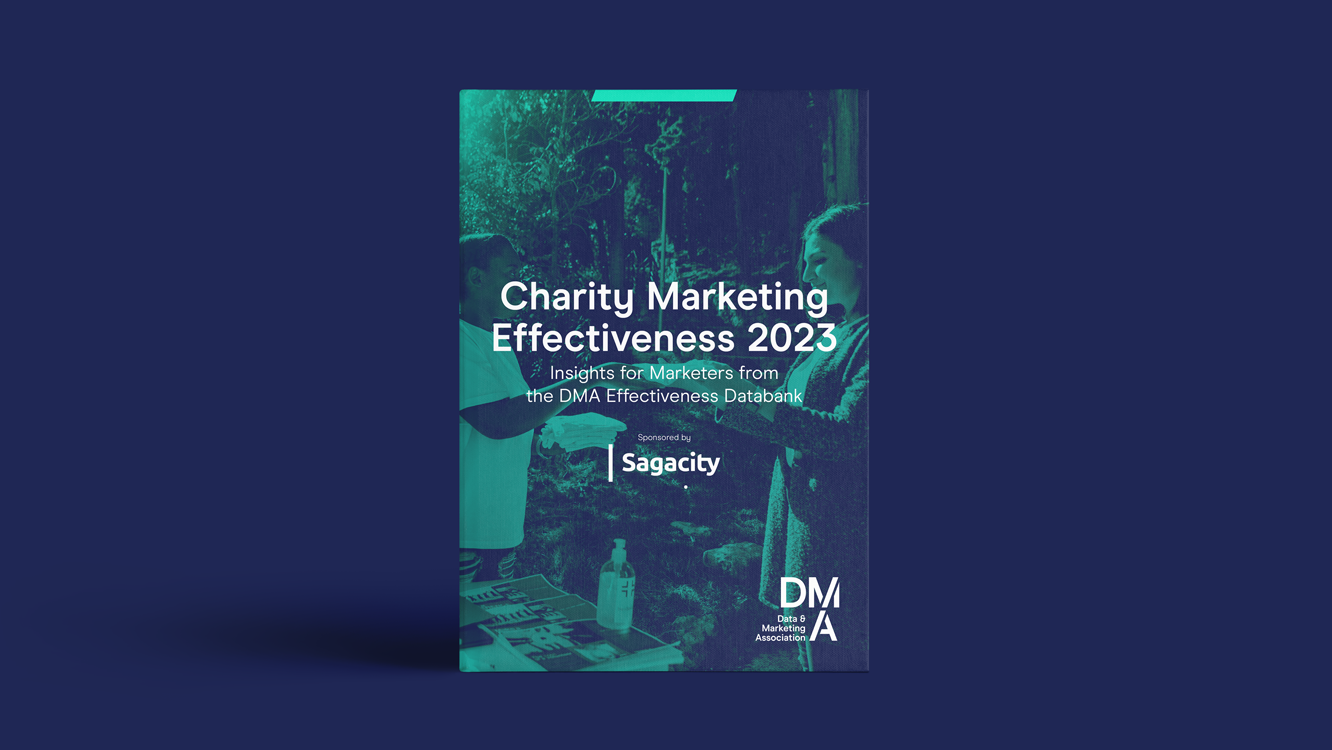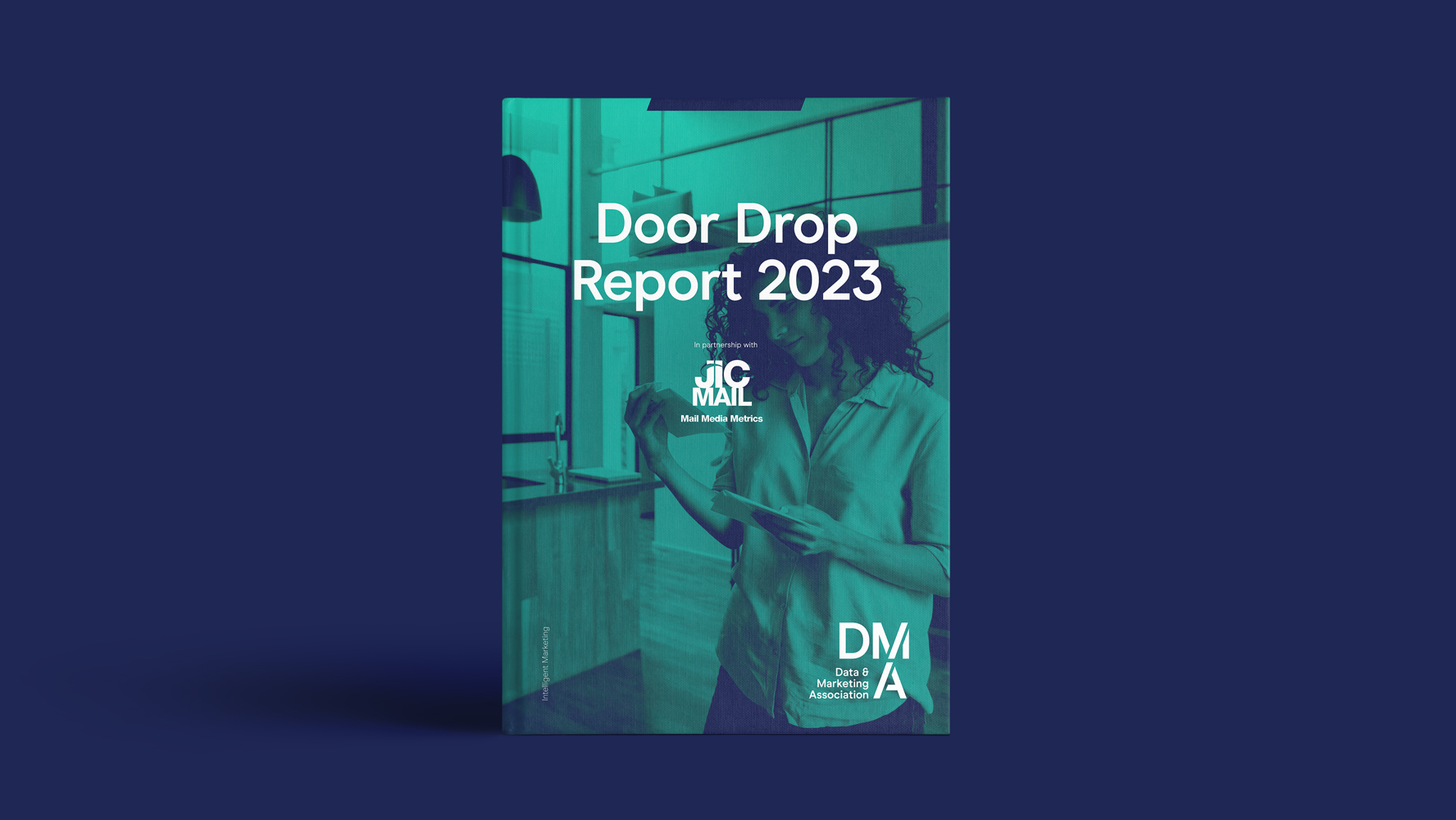Coronavirus: A Record Decline in UK Marketing Budgets
23 Jul 2020

The latest IPA Bellwether Report for the second quarter of 2020 offers insight into the devastating impact of the coronavirus, with particular focus on the budgets having been slashed to their lowest in the two decades this report has been running.
Following the slight decline reported in Q1, most organisations have reported budgets fell to -50.7% in Q2. Overall, two-thirds of businesses (64%) reported a quarterly decrease although a notable 13% said they had seen an increase.
This aligns closely with the insights from the DMA’s own ‘Coronavirus June 2020 – The Impacts of Business’ barometer of the data and marketing industry. For June, organisations reported both budgets and ‘business as usual’ have been almost cut in half – although the latter has seen a slight increase in recent months too.
Commenting on the DMA’s research, Chris Combemale, CEO of the DMA, said: “Many are very concerned about the future. Revenues remain dramatically reduced and staff are understandably beginning to worry about the long-term impact on their organisations. As restrictions continue to be lifted in the UK, businesses must ensure they continue to put people first – both their customers and employees alike.”
A decline in budgets across marketing categories
Understandably, with coronavirus restrictions only allowing small gatherings, funding for events marketing saw the sharpest reduction – a net balance of -76.6%. ‘Main media advertising’ also reported a steep decline in Q2. Indeed, the reduction in budgets was the most severe since the IPA first launched the Bellwether Report, with a net balance of -51.1% decline in available spend.
Underlying data within this ‘main media’ category suggested the worst-hit sub-category was out of home advertising (-61.2%). This was followed by audio (-50.0%), published brands (-49.2%), video (-39.3%) and other online (-35.1%).
Across each of the seven broad marketing types in this research, direct marketing and public relations saw the joint-softest budget cuts in the quarter, although with net balances of -41.6% this was still a significant reduction.
“As we suspected, these Q2 Bellwether figures reveal the very grave impact of COVID-19 on UK companies’ marketing budgets, financial prospects and employment plans. Understandably companies in the most severely disrupted sectors have had few options but to preserve cash and operations to survive until trading conditions are more benign,” says Paul Bainsfair, IPA Director General. “While the future trajectory of the economy is unpredictable, however, that of brands starved of marketing investment is much clearer. Our evidence from previous recessions and periods of buoyancy consistently shows that cutting marketing investment weakens brands in the near-term and limits growth and profitability in the long-term.”




.png)
Please login to comment.
Comments